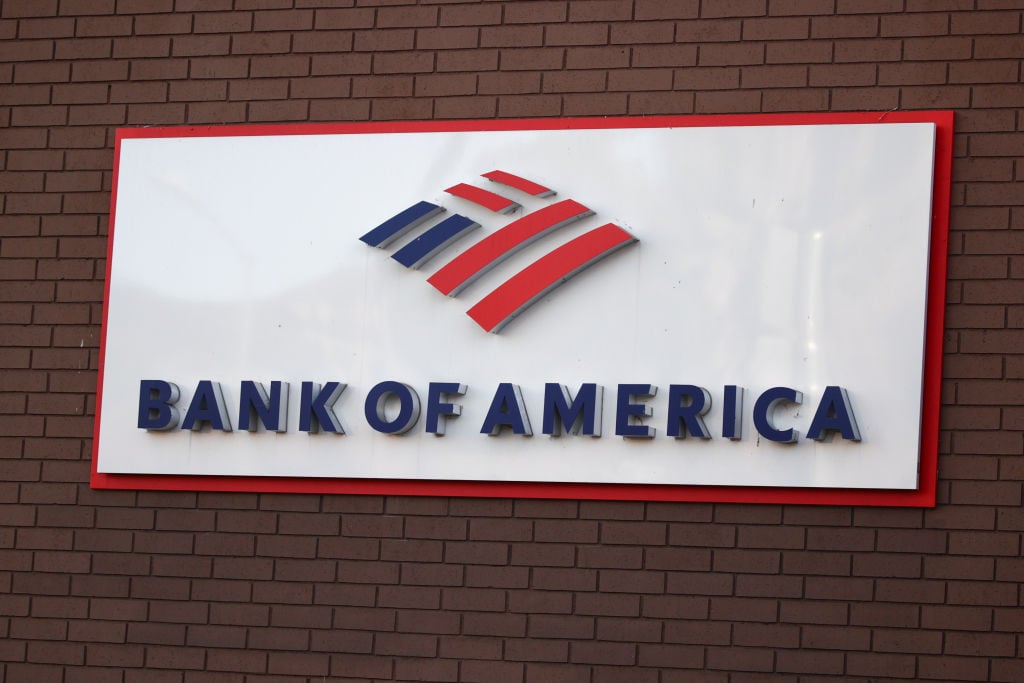Bank of America (NYSE: BAC) is putting $410 million into an escrow account, with at least $287 million of that reserved for B of A customers. The good news: If you paid an overdraft fee to B of A anytime from 2001 onward, part of those millions could be yours. The bad news: You'll be sharing it with lawyers and more than 1 million other B of A customers.
The refund could average more than $200 per affected customer. It could be much more for the frequently overdrawn. B of A should be looking for you to issue a refund, even if you weren't involved in the lawsuit, if it charged you an overdraft fee on a checking or debit-card transaction going back as far as 2001.
Why so generous? It's a settlement. B of A and a number of other banks -- including Citigroup (NYSE: C), JPMorgan Chase (NYSE: JPM), Wells Fargo (NYSE: WFC) US Bancorp (NYSE: USB), SunTrust Banks (NYSE: STI), and Huntington Bancshares (Nasdaq: HBAN) -- have been accused of systematically recording the largest debit transaction first, then the next largest, and so on. This causes customer balances to fall faster than chronological recording. Why not just record transactions as they happen? Recording the larger transactions first generates more overdraft fees.
Can you believe B of A would go to the trouble of reordering transactions so it could jack up overdraft fees? Yeah, me, too. Seems a bit shameful.
B of A denies the allegations, but said it was "pleased to reach a fair resolution to this matter." Apparently there is enough evidence that transactions were not ordered coincidentally. And if B of A were innocent, you'd think they should be able to prove it by spending a whole lot less than $410 million.
Foolish takeaway
While the settlement is good news for bank customers, it is one more nail in the coffin for bank profits. Dodd-Frank has hit banks in the fees. According to the Federal Deposit Insurance Corp., deposit-account fee income for the industry fell 21% year over year in the fourth quarter. That, and weak loan demand, contributed to a 40% drop in the banking industry's pre-provision earnings in the first quarter.
The $410 million settlement is significant to B of A's bottom line, too. The company's pre-tax earnings (including "unusual items") over the last year are a loss of $2.93 billion. Other banks could find themselves paying up to settle similar allegations. A federal judge has already ruled against Wells Fargo.
Looks like we could be seeing more of these settlements from banks in the near future.
The Motley Fool recently introduced a free My Watchlist feature to help watch your investments. You can get up-to-date news and analysis by adding companies to your watchlist now:








